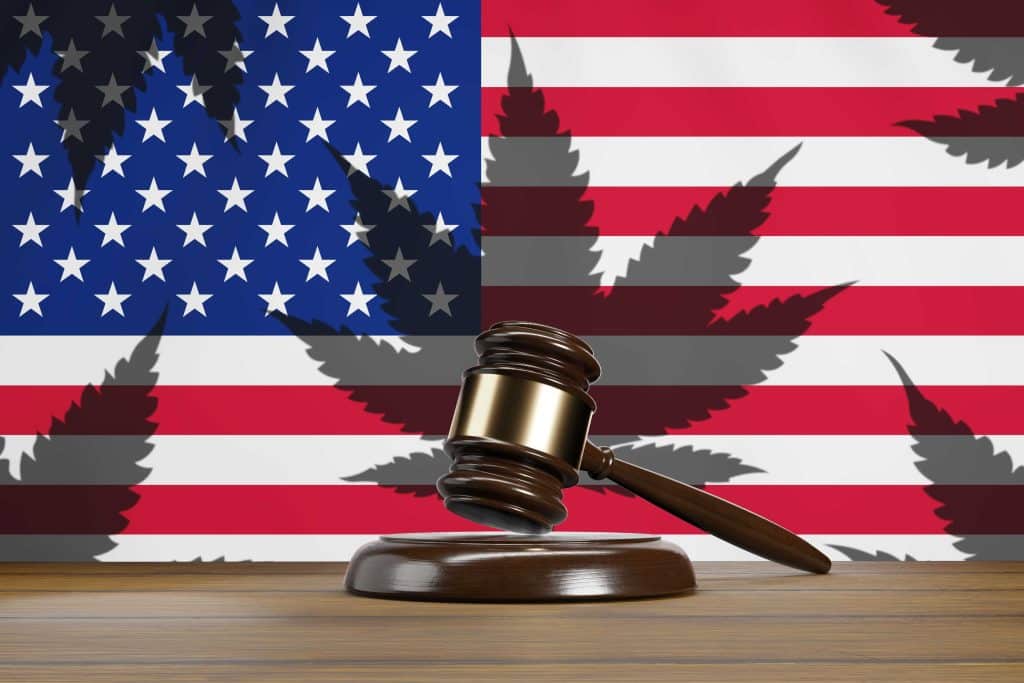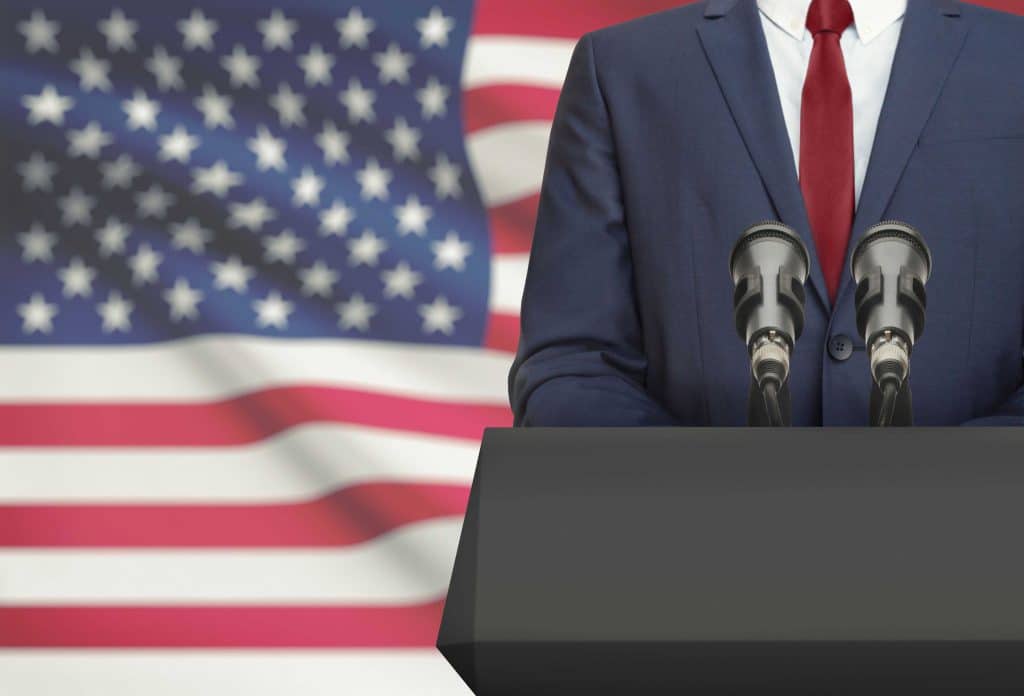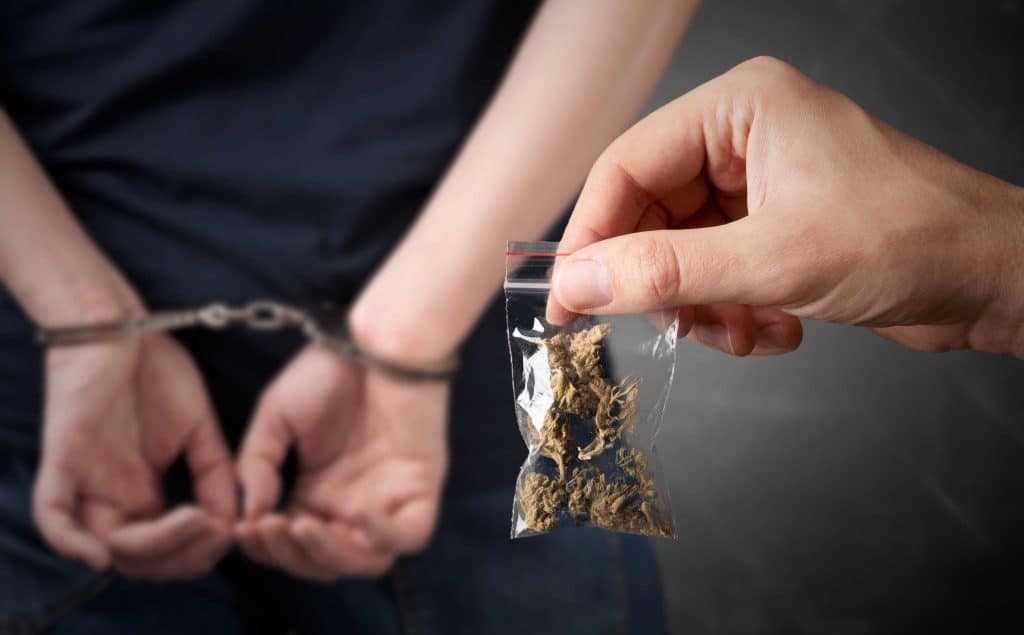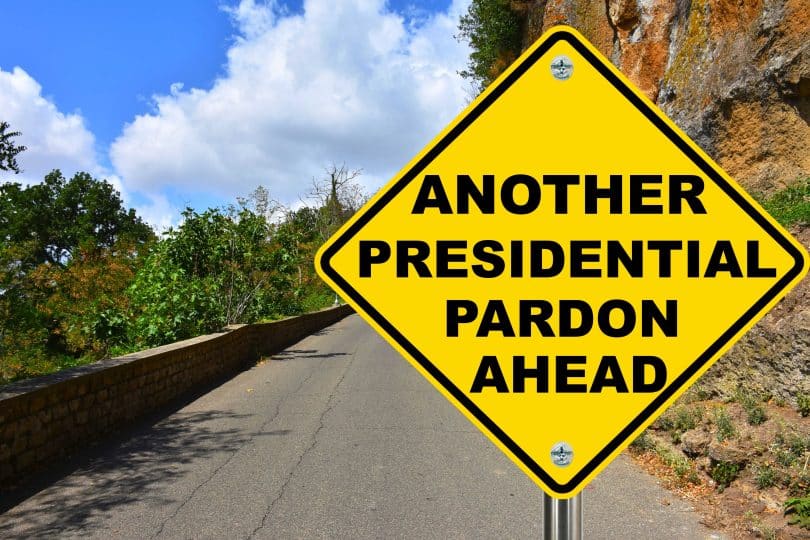It’s been a rocky road getting the federal government onboard with anything weed-related. Luckily the pendulum swings, even if slowly. In the latest news, after an initial paltry pardoning of a few cannabis crimes earlier, Biden has upped the federal game, with pardons for everyone with simple possession convictions. What does this say for the state of cannabis in general?
Thanks for joining us. Stay up-to-date by signing up for the The Cannadelics Weekly Newsletter, and enjoy access to deals on everything like cannabis flowers, vapes, edibles, and much more including popular cannabinoid compounds. Please enjoy responsibly!
Alright Biden, what’d you do?
That Biden is now offering pardons for low-level cannabis crimes like simple possession, isn’t a showing of personal acceptance, or anything like that. But it is the fulfilling of a campaign promise, in a growing climate of weed acceptance. Not all campaign promises are fulfilled, so in the very least, the guy is specifically attending to something that he said he’d do. Perhaps we should expect this to happen more frequently than it does.
In this particular following of government-made promises, on Thursday, October 6th, 2022, Biden announced pardons for all cannabis simple possession cases on a federal level. This comes about one month ahead of the November congressional elections, where cannabis legalization is now a big topic. Though Biden has no power over what state governments choose to do, he did implore them to consider their own pardons for the same crimes.
This announcement did nothing to change the legality of cannabis in the US. The plant sits in Schedule I of the Controlled Substances list, despite at least half the country living in weed-legal states. According to the federal government, as a Schedule I controlled substance, there is no medical or recreational value to cannabis, and it’s a dangerous drug.

However, the sweeping pardons just made, tell a different story, which now completely breaks with federal government policy, creating a contradiction. Do these pardons also mean that no new simple possession charges will be filed? Without a change in law, there’s no reason to expect this, and this means even if prior cases are pardoned, there’s nothing stopping law enforcement from racking up new ones.
The farthest the president went in the direction of actual change last week, was to say that the Department of Health and Human Services along with Attorney General Merrick Garland, are under order to go over current cannabis scheduling in an effort to find a way to loosen restrictions. And they’re supposed to do it quickly. This isn’t surprising as the optics are pretty bad for the US government, with so many states going against it. Let’s remember that besides recreational legalizations, nearly 40 states have medical programs, which also break with federal policy.
For a federal government which has dragged its feet pretty intensely thus far, Biden’s statements make it sound like he represents freedom fighters looking to right someone else’s wrong. On Thursday, as part of his video announcement, Biden stated:
“No one should be in jail just for using or possessing marijuana… It’s legal in many states, and criminal records for marijuana possession have led to needless barriers to employment, housing, and educational opportunities. And that’s before you address the racial disparities around who suffers the consequences. While white and Black and brown people use marijuana at similar rates, Black and brown people are arrested, prosecuted, and convicted at disproportionate rates.”
And yet, he says this as the head of the government, which did these things. A government that refused to legalize for decades; and which went as far as to target users in legal states, even when it was for severe medical issues. This is the same government that put out Reefer Madness to raise fear about cannabis almost 100 years ago, and now, after multiple smear campaigns have failed to revive that fear, we’ve got a president making statements that sound like the US government is trying to help poor, wrongly-convicted people.
Is this progress?
I hate saying it, but no, not really. Progress implies moving forward. This is an example of what happens when a government has a losing stance, and must quickly jump onboard with the popular idea, so as not to look weak. 19 states are legal for recreational use, including the most populous California and New York. Nearly 40 states have medical programs. Up to six states have ballot measures for weed legalization (Missouri, South Dakota, Maryland, Arkansas, North Dakota, and Oklahoma) this election season.

The federal government is losing to its states, and there’s nothing it can do, but pretend it agreed the whole time. Make no mistake, this about-face isn’t about the government changing its stance, nor is it because Biden supports reform. It’s about the government looking paltry and pathetic.
This announcement is a follow-up to an announcement made on April 25th of this year, when Biden went ahead and pardoned one whole person, and commuted the sentences of 8 others, for cannabis crimes. Those, of course, are ridiculously small numbers when it comes to weed crimes, making it sound like a joke.
If you’re wondering what the difference is between those terms, a pardon is like an entire deletion of a conviction, as if it never took place. A commuted sentence doesn’t mean the conviction disappears, but it does eliminate (or bring down) the punishment for it. The more recent announcement of pardons for simple possession crimes, at least does away with the convictions entirely.
The April 25th announcement wasn’t about a wide-ranging policy, but was related to clemency grants, which all presidents handle in their first year. These provide ‘get-out-of-jail-free’ type situations for limited cases. These instances of clemency run the gamut, and are not associated with weed crimes specifically. In total, there were three pardons given, and 75 commuted sentences for the year.
I don’t think this even qualifies as a drop in the bucket. According to an FBI Uniform Crime Report from 2019, there were more arrests made for cannabis, then for every type of violent crime combined. Of the 10,085,207 arrests made that year, 495,871 accounted for violent crime, and 1,558,862 for all drug-related crimes. Of those drug-related crimes, 36.3% (565,866) were for cannabis, and 32.1% for possession. Let’s remember, by 2019 much of the population was already living in a legal state.
If we go ahead a bit, it doesn’t get better. A September 2021 report makes clear how little the government cares about states legalizing. At the time the report came out, 18 states were legal, making for about half the population living in legal locations. Yet, somehow, this didn’t stop 350,150 cannabis arrests from going down. How much for possession crimes? 91% of these (317,793).

What can we expect?
This is one of those interesting times in history, and sadly, many people will never understand what’s going on. We hit a point where it can visually be seen how uncomfortable the federal government is, and essentially, how hog-tied. If you really pay attention to the ongoing battle, what you see is the federal government doing everything it can to warn people away from weed. The thing it’s been doing since the original smear campaigns and prohibition of the 1930’s.
And there’s just so much money behind this. The industrial capacity is so huge when considering the ability of hemp to replace environmental plagues like plastic and oil drilling, that big business doesn’t want it. So much money, that despite the ridiculousness of the danger claims, and despite thousands of years of history that back up its safety and effectiveness, we still have fear thrown at us.
Things have changed though, and despite all its dirty tactics, governments can’t any longer sway populations into thinking that cannabis is bad or dangerous. To the extent that all that money coming into the government for special interests, can’t outdo the public opinion that weed should be legal. This puts the government in a catch 22. If it continues to ban the drug, all its states go against it. If it legalizes it, it means 1) taking an about-face from a policy it pushed for decades, and 2) making it harder for competitor industries that pay up, to keep weed out of the spectrum.
Even as the government made no official policy update, it’s now erasing convictions for the thing it says is illegal. Biden announced that current policy is to be reviewed in an effort to head closer to a decriminalization, and two bills are still in action in congress that could legalize cannabis as well (though one is weirdly called a decriminalization, even though it sets up a tax schedule). Whether either the MORE act or The Cannabis Administration and Opportunity Act pass, is hard to say, but what is for sure, is that cannabis reform is coming to the US.
Conclusion
The pardons Biden instituted for simple possession cannabis charges are just the start to a new trajectory concerning the federal government and cannabis. We should see even more changes coming up with elections next month, and in the months to follow.
Welcome readers!! Thanks for making your way to Cannadelics.com; an independent news site focused on bringing you the best in cannabis and psychedelics reporting. Join us whenever possible to stay up-to-date on everything important, and sign up for our Cannadelics Weekly Newsletter, to ensure you’re always first to get the news.









